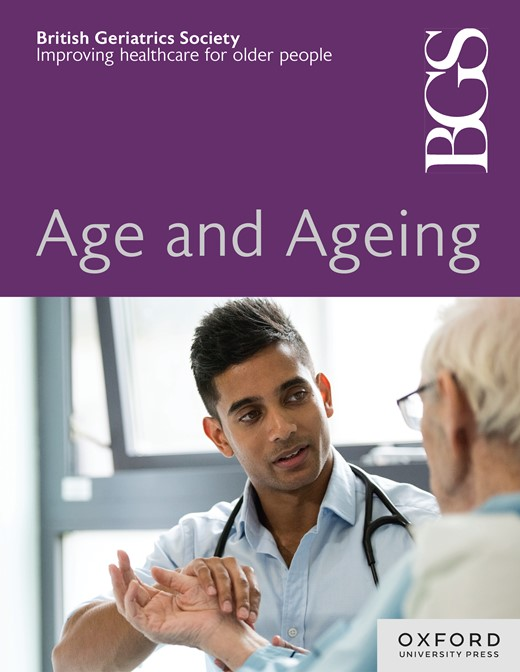为什么我们需要在辅助死亡的辩论中考虑脆弱
IF 6
2区 医学
Q1 GERIATRICS & GERONTOLOGY
引用次数: 0
摘要
协助死亡/协助自杀(AD/AS)在一些国家是合法的或非刑事化的,英国和苏格兰议会目前正在考虑将其合法化的法案。生活虚弱的老年人在死亡人数中所占的比例越来越大,然而AD/AS对这些人的可能影响还相对未被探索。在这里,我们讨论其中的一些问题。由于虚弱是否构成绝症的模糊性、准确预测预后的挑战以及难以确定痛苦的可逆性,虚弱使AD/AS的资格变得复杂。虚弱也模糊了绝症和残疾之间的区别,与目前提议的立法中明确的语言相反,那些患有绝症的人有资格,但那些残疾的人没有。我们讨论了关于AD/AS的决定通常是在个人自治的基础上制定的,而关系自治是许多生活在脆弱中的人的规范,这意味着对隐性强迫的关注需要仔细考虑。此外,脆弱和觉得自己是别人的负担之间存在着既定的联系。这一点,再加上社会中持续存在的年龄歧视态度,是否会影响身体虚弱的人关于协助死亡的决定,这是一个悬而未决的问题。结论上述问题使得脆弱性在AD/AS立法中的地位不确定。需要进一步考虑在关系自主和已经感到负担的情况下的资格、保障措施,以及如何减轻进一步巩固能力歧视和年龄歧视态度的风险。本文章由计算机程序翻译,如有差异,请以英文原文为准。
Why we need to consider frailty in the assisted dying debate
Background Assisted dying/assisted suicide (AD/AS) is legal or decriminalised in several countries and Bills to legalise it are currently being considered by the UK and Scottish Parliaments. Older adults living with frailty make up an increasing proportion of those who die, yet the possible implications of AD/AS for these individuals are relatively unexplored. Here, we discuss some of these issues. Discussion Frailty complicates AD/AS in relation to eligibility because of ambiguity over whether frailty constitutes a terminal illness, challenges in accurately predicting prognosis, and difficulty determining reversibility of suffering. Frailty also blurs the distinction between terminal illness and disability, in contrast to the clear-cut language of current proposed legislation where those with a terminal illness are eligible, but those with disability are not. We discuss that decisions regarding AD/AS are often framed in terms of individual autonomy, whereas relational autonomy is the norm for many living with frailty, meaning that concerns regarding implicit coercion need careful consideration. Further, there is an established link between frailty and feeling a burden to others. There is an open question as to whether this, combined with persisting ageist attitudes in society, could influence decisions of people living with frailty about an assisted death. Conclusion The above issues make the place of frailty in proposed legislation on AD/AS uncertain. Further consideration is needed regarding eligibility, safeguards in the context of relational autonomy and for those who already feel a burden, and how to mitigate risks of further entrenching ableist and ageist attitudes.
求助全文
通过发布文献求助,成功后即可免费获取论文全文。
去求助
来源期刊

Age and ageing
医学-老年医学
CiteScore
9.20
自引率
6.00%
发文量
796
审稿时长
4-8 weeks
期刊介绍:
Age and Ageing is an international journal publishing refereed original articles and commissioned reviews on geriatric medicine and gerontology. Its range includes research on ageing and clinical, epidemiological, and psychological aspects of later life.
 求助内容:
求助内容: 应助结果提醒方式:
应助结果提醒方式:


